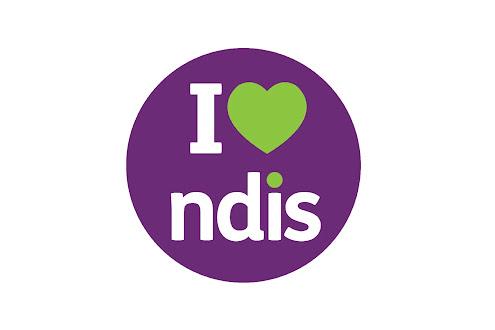NDIS Support: Enhancing Accessibility and Inclusion for People with Disabilities

The National Disability Insurance Scheme (NDIS) has revolutionized the way Australia supports people with disabilities. By providing personalized funding and support, the NDIS aims to empower individuals to lead fulfilling lives. In this article, we will explore the various aspects of NDIS support , including its benefits, eligibility criteria, and the services it offers. 1. Understanding the NDIS: The NDIS is a national program that provides lifelong support to individuals with disabilities. Its primary goal is to assist participants in achieving their goals and enhancing their independence. By focusing on individual needs and aspirations, the NDIS ensures that support services are tailored to each person's unique circumstances. 2. Eligibility Criteria: To access NDIS support, individuals must meet certain eligibility criteria. These criteria include being under the age of 65, having a permanent disability that significantly impacts daily life, and being an Australia...


